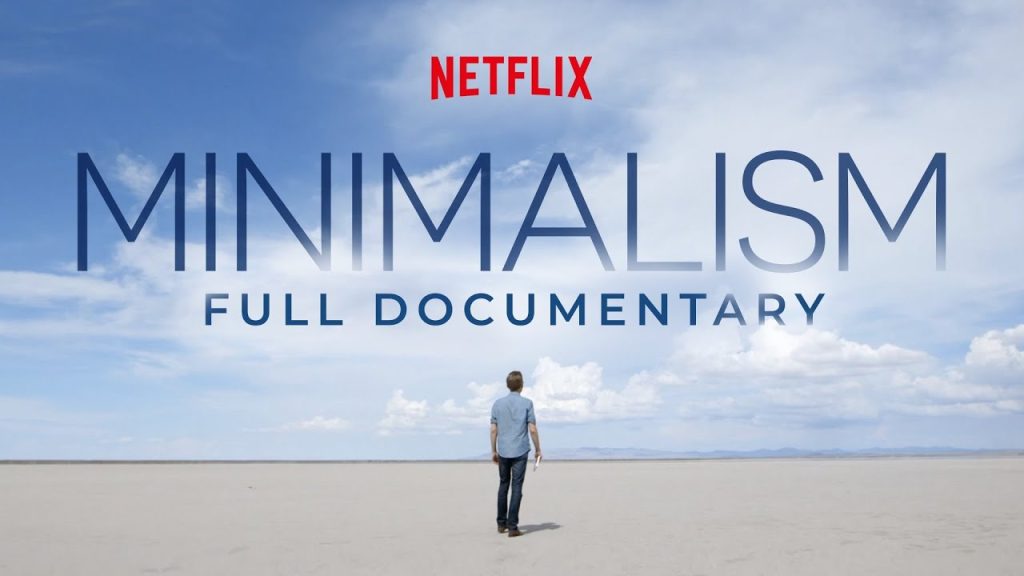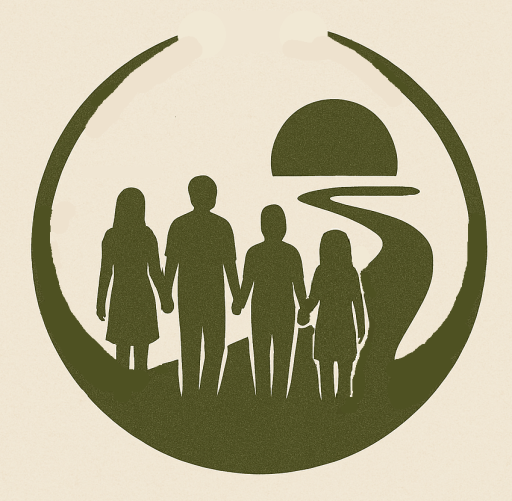
We watched Minimalism together recently. I wasn’t sure how the kids would respond to a documentary mostly featuring adults talking about their feelings and their stuff. But surprisingly, they were enthralled. Maybe because so much of it touches on what we’ve already been living, or trying to live, or maybe just because they don’t get a lot of time on screen!
Afterwards, Adam reflected on comments made by one of the presenters:
“It would be nice if everything I owned was stuff I love. At the moment it’s more things I didn’t want to get rid of… And I’m also growing out of the stuff I love!”
Ha. The gap between what we own and what we love is real, not just for kids, but for all of us. And bridging that gap is one of the great promises of minimalism.
A tale of escape
The documentary follows Joshua Fields Millburn and Ryan Nicodemus, two former corporate high-flyers who walked away from the rat race to embrace a life of less. Their story is compelling. Not because it’s radical, but because it’s so relatable. What starts as a personal journey evolves into a movement, one that’s clearly resonated with millions around the world. The film is presented as a road-trip and timid steps into broad publicity and their journey across America and into the mainstream, becoming something of a global sensation. Interviews with other authors, public figures and psychologists round out the production, making an inspiring and convincing case for a life better lived.
What struck me most though, wasn’t polished aesthetic or the perfect 333 wardrobes. It was the community that’s grown around the bigger ideas. A pleasant reminder that we’re not the only ones, and certainly not the first asking whether more, whether stuff, activities, or achievements, really leads to more happiness.
Not really us
That said, Minimalism doesn’t align entirely with our values. The focus remains somewhat individualistic, with less emphasis on global equity or systemic change. There’s no mention of the possible role that simpler living could have on capacity for helping others beyond immediate relations and certainly not of effective giving, and just the one note of how much impact our overconsumption has on others beyond our borders. But that doesn’t detract from the important points it does make. About mental health, environmental degradation, and the crushing weight of consumer culture.
For our family, minimalism isn’t just about less clutter, we’re still actually working on that. It is about living in a way that frees up the other kinds of space. Emotional, mental and financial space. So we can give more, connect more, and live in deeper alignment with what matters. That means sharing our resources, biking instead of driving, growing what we can, and building a life rooted in joy, not accumulation.
Minimalism was a prompt to reflect on how far we’ve come and where we might go. And hearing Adam’s reflections reminded me that these ideas are landing, slowly but surely, in the next generation.
